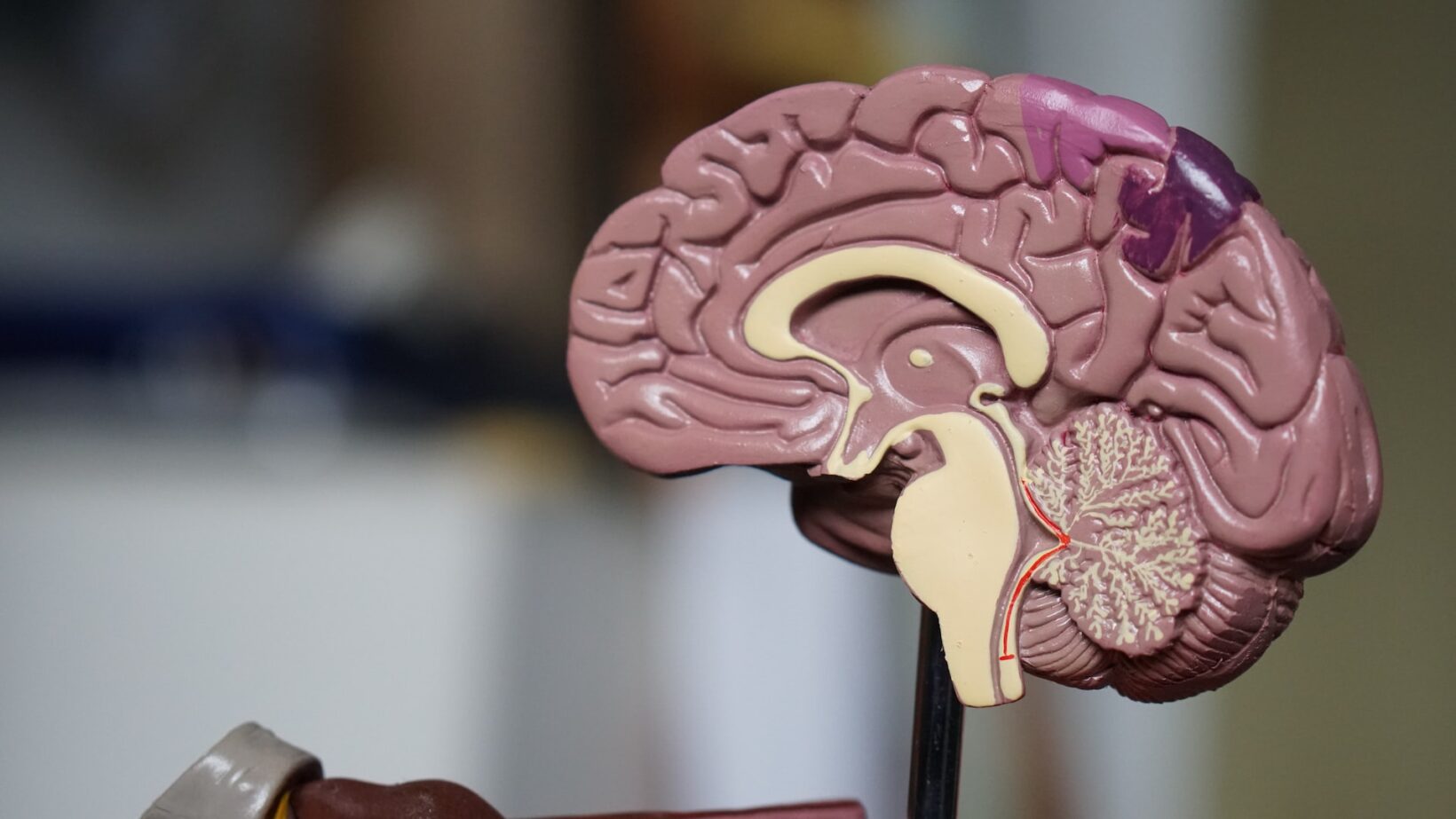
Freud increasingly recognized psychoanalysis, which he had founded, as “a medical approach to the human mind. Adler, who broke with Freud and established “individual psychology,” said of Freud, “It is especially his achievement, second only to his detective skills in speculation, that he shook the status of positivist (materialistisch…materialist) neurology and opened the door to medicine for psychology, which was only an auxiliary science. It is the second greatest achievement after his detective-like skill in speculation (Adlerian Psychology in Our Time/Ichiko-sha).
Although somewhat difficult to translate, materialism is “a position that asserts the primordial nature of matter over spirit. Therefore, it does not recognize spirit, mind, or consciousness as separate from matter, but considers consciousness to be the product of highly organized matter (brain essence), and that cognition is the reflection of objective reality by the brain essence (Kojien).
Adler says, “It was Freud’s founding and vigorous promotion of psychoanalysis (≒psychotherapy) that led to the development of the viewpoint that psychology, which had been considered not to be medicine, “could be medicine…, You are giving credit where credit is due.
Brain scientist Nobuko Nakano commented on Freud as follows.
“…the dramatic advances in brain science over the past decade or so have made it possible to understand many things. There are a number of things that brain science has revealed. For example, a careful reading of Freud’s work reveals that it is a theory that lacks scientific proof and is hardly disprovable. … (“Psychopaths / Bunshun Shinsho).”
Adler’s words end with a bit of irony. I get the impression that he was looking at Freud from a point of view closer to that of Nobuko Nakano, since he says that “his detective-like skills regarding speculation” are the essence of Freud.
One of the reasons why Adler and Jung parted company with Freud was that Freud was very strong in rejecting criticism of his own theory as a “universal science.
Adler is not particular about whether his “personal psychology” is a science or not. One gets the impression that he speaks of it as a philosophy. Adler is free. Perhaps the connection between Adler and coaching speaks to that freedom.
(The above English translation is for a reference purpose only and a re-translation of the Japanese into English. Accordingly, please refer to the original text as appropriate.)
コーチング情報局を運営する株式会社コーチビジネス研究所では、企業を対象としたコーチング研修、ビジネスパーソンを対象としたビジネスコーチング、個人の方を対象としたライフコーチングを提供しております。その他、コーチングを学びたい方のためのコーチングスクールの運営、経営者やビジネスリーダー向けにセミナーを開催しています。興味や関心がございましたら、お気軽にご相談・お問い合わせください。
This article was written in Japanese and converted into English using a translation tool. We hope you will forgive us for any inadequacies.
Coach Business Laboratory, Inc., which operates the Coaching Information Bureau, provides coaching training for companies, business coaching for business people, and life coaching for individuals. In addition, we operate a coaching school for those who want to learn coaching and hold seminars for executives and business leaders. If you are interested or have any questions, please feel free to contact us for further information and consultation.


